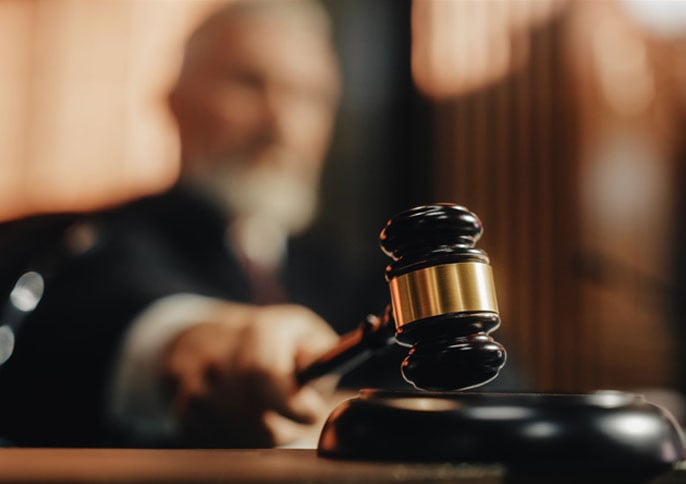Nothing captures the public’s imagination quite like a great court case. From Trump’s declaration that he is a “very innocent person” to Bruce Lehrmann’s defamation-chasing criminal trial, watching people have their day in court is oddly compelling. In a world filled with streaming services, there are few opportunities for collective public spectacles quite like a court case.
As a lawyer, you play an integral role within a system that defines societal norms and creates community expectations. The College decided it was high time we looked at the headline-making trials from the 21st century and the flow-on effects these rulings have had. Defamation trials that only served to confirm the plaintiff’s guilt, a precursor to same-sex marriage, dogs having their day in court, and children suing the government for inaction on climate change – it is all here in the top ten court cases that held Australia’s collective attention.

1. The People of the State of New York v. Donald J. Trump - 2024
Declaring yourself a “very innocent man” is certainly a strong start to your own criminal trial. Fast forward to being found guilty of all 34 felony counts, it’s an unsurprising pivot to declare the whole trial rigged. So, what actually happened here?
Donald Trump was on trial for falsifying documents or records. Each felony count reflected each falsified check, invoice, or other document. For example, the hush money paid to porn star Stormy Daniels hidden as a legal fee to his lawyer, Michael Cohen.
It’s the first time any former or future president has been convicted of felonies in the United States. As many have hastened to point out, being a felon does not prohibit Trump from running or becoming president. This a less of an ‘endorsement of felons’ by America’s founding fathers, but rather an omission of a circumstance they thought so unlikely it was not worth including in the Constitution. He is, after all, not allowed to vote as a felon in the election in which he is running. Inferences could be made... Sentencing has been set for July.
Image: Justin Lane - Pool/Getty Images

2. Lehrmann v Network Ten and Ors - 2024
Bruce Lehrmann sued Network Ten and journalist Lisa Wilkinson for defamation after an interview with Brittany Higgins on The Project in February 2021. Higgins alleged a sexual assault by a senior colleague but Lehrmann was not named.
Justice Michael Lee ruled in favour of Network Ten and Wilkinson. In a scathing judgment, he found that Lehrmann did rape Higgins on the balance of probabilities. "In his pursuit of gratification, he did not care one way or another whether Ms Higgins understood or agreed to what was going on," Justice Lee said.
The judge was critical of the media coverage, particularly claims of a cover-up in the original broadcast. "[The claim] was supposition without reasonable foundation in verifiable fact; its dissemination caused a brume of confusion, and did much collateral damage – including to the fair and orderly progress of the underlying allegation of sexual assault through the criminal justice system," he stated.
"Having escaped the lions’ den, Mr Lehrmann made the mistake of going back for his hat," Justice Lee said in reference to Lehrmann pursuing the defamation case after the inconclusive criminal trial. "As a result... he has now been found, by the civil standard of proof, to have engaged in a great wrong. It follows Ms Higgins has been proven to be a victim of sexual assault," he concluded.
This case highlights the difference between the criminal justice system's high burden of proof (beyond a reasonable doubt) and the civil standard (on the balance of probabilities).
Image: ABC News: Brendan Esposito

3. Landmark win for Torres Strait Islanders in UN Human Rights Commission – 2022
Australia’s Torres Strait Islanders have successfully sued the Australian government at the UN for failing to take action on climate change. This is a significant win for Indigenous rights and climate justice globally.
The Islanders argued that climate change is destroying their way of life and culture, as they are located in a series of low-lying climate-vulnerable islands. Despite the existential threat posed by climate change, they argued that the government isn't doing enough to stop it. The UN agreed, finding that Australia violated the Islanders' human rights by not protecting them from climate change impacts.
This is the first time an international tribunal has found a country responsible for human rights violations due to inadequate climate action.
This is a landmark case because it's the first time:
- a country is found to violate human rights due to inadequate climate policy
- a nation is responsible for its greenhouse gas emissions under human rights law
- the right to culture is seen as being at risk from climate change
This decision is a major win for Indigenous rights and sets a strong precedent for future climate lawsuits. It also strengthens calls for compensation for countries most affected by climate change.
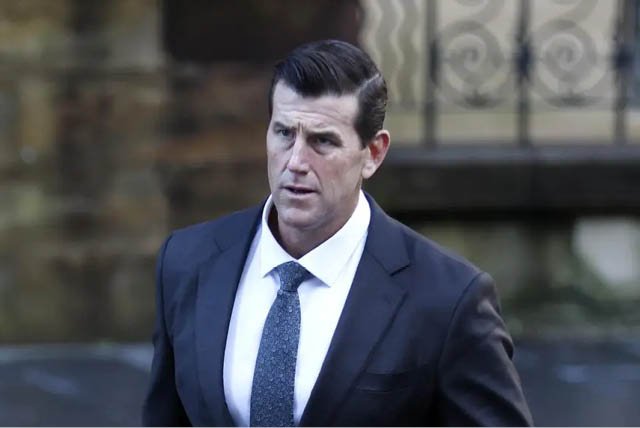
4. Ben Roberts Smith vs Fairfax, The Age, The Federal Capital Press - 2023
Australian war veteran Ben Roberts-Smith sued three major newspapers for defamation after they published articles accusing him of war crimes in Afghanistan. The case centered on whether the publications damaged his reputation with false accusations of murder and other crimes.
The newspapers argued their reporting was true. In a landmark decision, Justice Anthony Besanko found that the media outlets were able to establish the "substantial truth" of key allegations, particularly around the killing of unarmed Afghan prisoners. Justice Besanko said, "The newspapers were able to establish the substantial truth of some of the most serious imputations in the case."
For other accusations, the judge applied the concept of "contextual truth." Here, even if minor details weren't proven entirely accurate, they didn't significantly harm Roberts-Smith's reputation because they were overshadowed by the proven truth.
This verdict is a significant win for the press, but Roberts-Smith can still appeal.
The case also highlights the challenges of using defamation law to repair a reputation. Even if you win, the court process can expose new negative information.
While defamation law is intended to restore reputations, the judge noted, "it's open to doubt that defamation law is actually any good at securing its own stated purpose of changing people's minds about the plaintiff."
Image: https://sterlinglawqld.com/
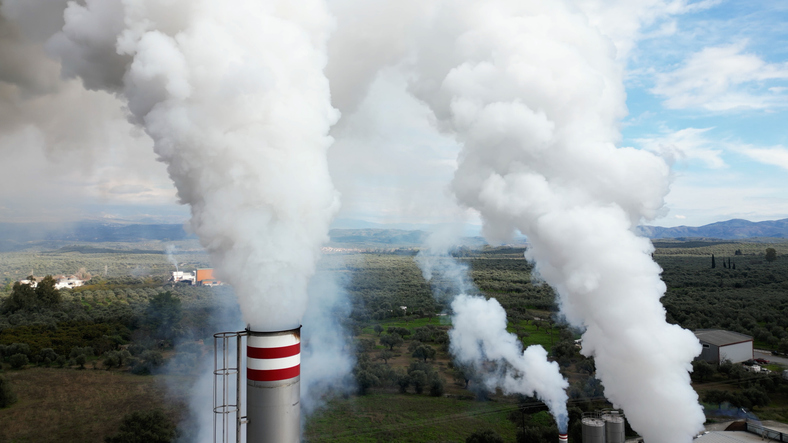
5. Sharma and others v. Minister for the Environment FCA - 2022
Eight Australian children brought a lawsuit against the Environment Minister Sussan Ley arguing that she has a duty of care to consider climate change when assessing approvals for fossil fuel projects. The original judgment in 2020 established this duty of care, a world-first at the time. However, this decision was overturned on appeal by the Federal Court in 2022.
The full bench of the Federal Court unanimously agreed with the Minister's appeal. While they agreed that climate change is a serious threat, they found that the environment minister does not have a legal obligation to consider it when approving fossil fuel projects.
The lawyer representing the children, David Barnden, said they were disappointed by the decision but will consider their next steps.
“Part of the reason that people have taken these issues to the courts — why these kids were suing the government in the first place — was because of a lack of effective government policy,” Professor Jacqueline Peel told the ABC.
With Australia’s powerful fossil fuel lobby, it is doubtful whether policy change is an effective avenue for enacting change.
Image: AAP / DEAN LEWINS/AAPIMAGE

6. Cooper v The Owners – 2020
Jo Cooper, a resident in a luxury Sydney high-rise building, has been in a legal battle for five years to keep her miniature schnauzer Angus in her home. Blind and partially deaf, her beloved 14-year-old pooch was at risk of eviction due to a draconian by-law banning pets in the building.
But fear not, because Angus delivered a legal paw-sitive for pet owners in NSW – all thanks to the landmark case of Cooper v The Owners – Strata Plan No 58068 [2020] NSWCA 250.
The Court ruled that the building's blanket ban on pets is oppressive and a breach of the Strata Schemes Management Act. The judges argued that by-laws cannot restrict lawful use and must have a connection to the enjoyment of the property by others. While the strata committee argued it represented the majority's will, the Court pointed out that a majority cannot be a dictatorship and legal constraints exist to protect minorities.
This case is a reminder that even the fluffiest underdog can have their day! Thanks to Angus, pet friends of all kinds are safe from eviction.
Image: https://www.flatchat.com.au/
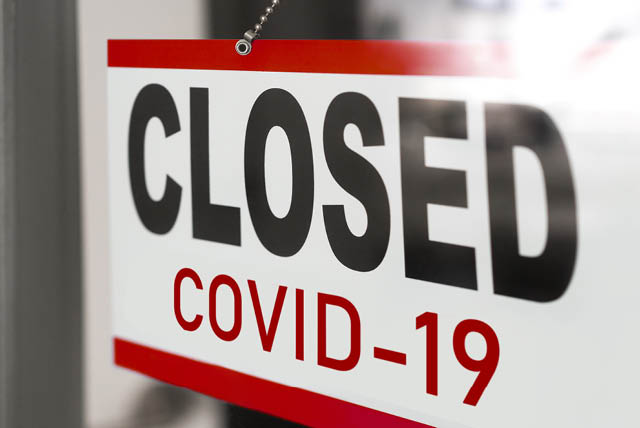
7. Sharp v Conroy - 2020
COVID-19 lockdowns sent us all a bit mad, and some of this madness hit the courts. In the case of Sharp v Conroy [2020] NSWSC 271, Justice Cavanagh of the NSW Supreme Court ruled that private citizens cannot use prohibition orders to stop private commercial events due to COVID-19 concerns.
Sharp sought to prohibit certain Mardi Gras events in Wagga Wagga arguing the risk of spreading the virus. However, the judge identified several issues with the request.
Lack of Standing: The applicant, Sharp, lacked the legal authority to control events on private property. This type of action is typically reserved for the government.
Likely Government Approval: The court inferred that the events were likely already approved by the government, given that the government had canceled public Mardi Gras events but not related private events.
Improper Relief Request: The applicant requested a preliminary order, but the effect of the order would have been final. A preliminary order is typically issued quickly without a full hearing, but it can be overturned later. In this case, the order would have been issued based on an ex parte hearing (without the other side being present) and would have effectively shut down the events permanently.

8. The Commonwealth v ACT – 2013
It was only ever a gesture, but the ACT’s sheer defiance of politicised ideas of marriage was as satisfying as it was short-lived. Here the High Court struck down the whole of the Marriage Equality (Same Sex) Act 2013 (ACT) for inconsistency with its federal counterpart. A silver lining did exist, however, with the High Court clarifying the scope of s 51 (xxi) – the Marriage Power – as one that was broad enough to include members of the same sex. In the five-day window, despite the looming shadow of annulment, 27 couples were married under the Act. Calls for a conscience vote at a federal level soon followed.
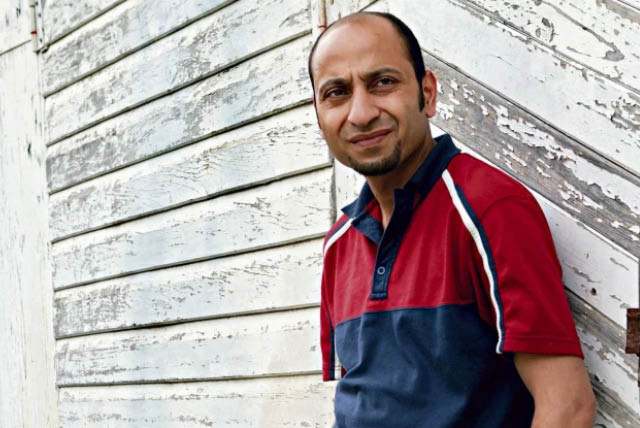
9. Al-Kateb v Godwin – 2004
This is arguably one of Australia’s most controversial immigration law cases. It began with the refusal of a temporary protection visa to Ahmed Al-Kateb, whose birth in Palestine to Kuwaiti parents deprived him of any citizenship. As he was legally defined as a stateless person and could therefore not be returned to his country of origin, the High Court of Australia ruled by majority that Al-Kateb could be detained indefinitely, and that indefinite detention of a stateless person was lawful. While Al-Kateb was released from detention in 2003 on the heels of a related case (Al Masri v Minister for Immigration & Multicultural & Indigenous Affairs, 2002), Al-Kateb v Godwin stands as a warning to the follies of the literal interpretations of the law.
Image: Andrew Sheargold

10. Ruddock v Vadarlis – 2001
Ruddock vs Vadarlis struck at the very nature of the prerogative power of the Australian executive government. The case involved Norwegian cargo vessel MV Tampa, which was denied entry into Australia after rescuing 438 asylum seekers from their sinking boat. When the Tampa’s captain declared a state of emergency and entered Australian waters, the ship was boarded by Australian commandos and the asylum seekers were detained. The result was a civil suit by the Victorian Council for Civil Liberties and Victorian solicitor Eric Vadarlis, who sought a writ of habeas corpus for the asylum seekers.
Despite an initial court victory for Vadarlis and the VCCL, the Federal Government successfully appealed the ruling to the Full Court of the Federal Court of Australia, where it was found that the government does indeed possess a prerogative power to prevent the entry of non-citizens into Australia. While this case failed in challenging prerogative power, it did prompt many in the legal profession to question their assumptions about what the government can and cannot do.
Image: Craig Sillitoe
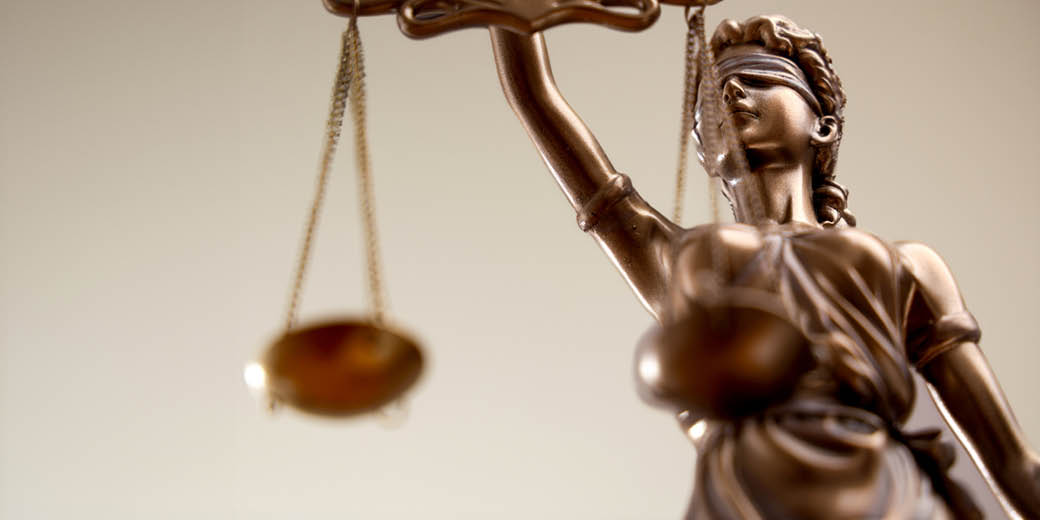






























![How to handle Direct Speech after Gan v Xie [2023] NSWCA 163](https://images4.cmp.optimizely.com/assets/Lawyer+Up+direct+speech+in+drafting+NSW+legislation+OCT232.jpg/Zz1hNDU4YzQyMjQzNzkxMWVmYjFlNGY2ODk3ZWMxNzE0Mw==)


































































